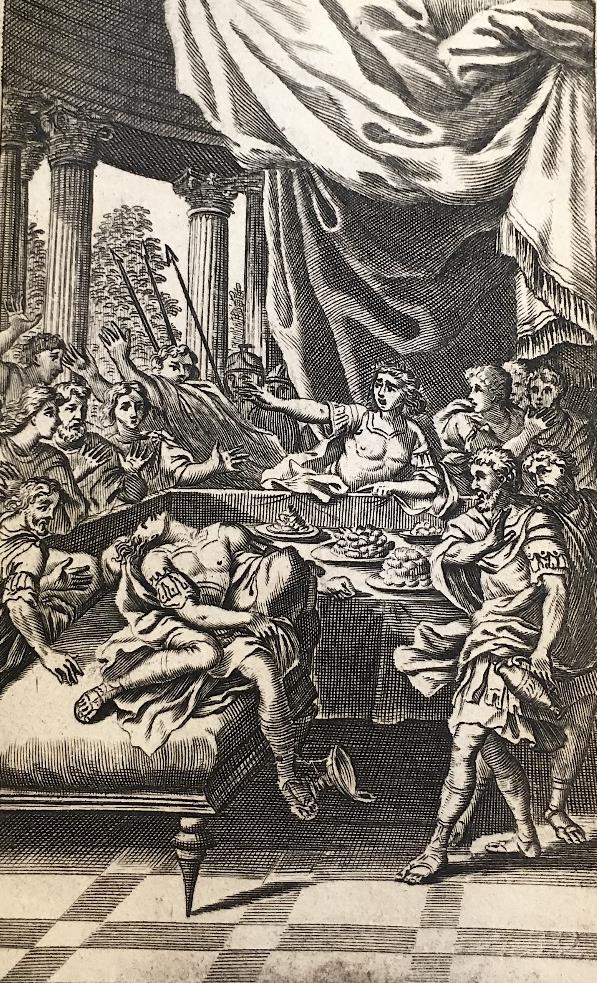In the 1650s, a play set in Poland won the hearts of Dutch audiences: Sigismundus, Prinçe van Poolen (Sigismundus, Prince of Poland), also known as ’t Leven is een droom (Life is a dream). The piece is a translation of La vida es sueño from 1635, by the famed Spanish playwright Pedro Calderón de la Barca. The Dutch version premiered in Amsterdam in 1654. Sigismundus attracted large crowds until well into the eighteenth century and was also performed by travelling theatre companies, both in Holland and abroad. All in all, Sigismundus became one of the best-loved plays of the early modern United Provinces. But what is it about, and why was it so popular?
 The plot can be summarized as follows. The Polish king Basilius keeps his son Sigismundus locked in a tower, as he believes in a prophecy which states that his son will bring the country to ruin. One day, Sigismundus is set free and claims his father’s throne, but his behaviour is so beastly that he is once again imprisoned. He is released by Polish rebels, however, who prefer him to his rival, a Muscovite prince. Bloodshed follows, but when Sigismundus realizes the cruelty of his actions, he offers his father his services. Impressed, Basilius surrenders the crown to Sigismundus.
The plot can be summarized as follows. The Polish king Basilius keeps his son Sigismundus locked in a tower, as he believes in a prophecy which states that his son will bring the country to ruin. One day, Sigismundus is set free and claims his father’s throne, but his behaviour is so beastly that he is once again imprisoned. He is released by Polish rebels, however, who prefer him to his rival, a Muscovite prince. Bloodshed follows, but when Sigismundus realizes the cruelty of his actions, he offers his father his services. Impressed, Basilius surrenders the crown to Sigismundus.
Spanish drama was vastly popular in Dutch theatres at the time. One of the reasons why Sigismundus in particular took off, however, may lie in the fact that during the 1650s, Poland was making headlines. Ever since 1648, the Polish gentry had been at war with the Cossacks, who were joined by Russian forces in 1654. That same year, Sigismundus made its premiere in Amsterdam. The play tells a fictional tale, but the fact that parts of its plot – such as the Muscovite threat – showed similarities with the time’s events, undoubtedly aided its popularity.
The image shows the frontispiece of the 1647 translation from Brussels. The play is still performed today. For example, the Dutch theatre company Toneelschuur staged an adaptation in 2017.
*I originally wrote this post for the social media outlets of the Dutch Embassy in Poland. This was post no. 34.